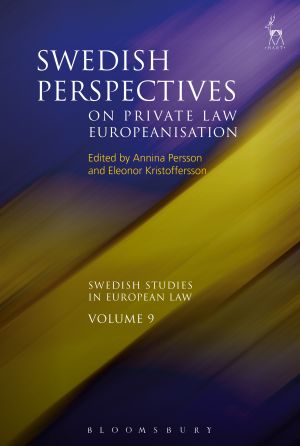
The device(s) you use to access the eBook content must be authorized with an Adobe ID before you download the product otherwise it will fail to register correctly.
For further information see https://www.wildy.com/ebook-formats
Once the order is confirmed an automated e-mail will be sent to you to allow you to download the eBook.
All eBooks are supplied firm sale and cannot be returned. If you believe there is a fault with your eBook then contact us on ebooks@wildy.com and we will help in resolving the issue. This does not affect your statutory rights.
As part of the European integration, an ambitious programme of harmonisation of European private law is taking place. This project, the work of both legal scholars and politicians, aims to create a modern codification in the tradition of the great continental codifications such as the BGB and the Code Civil. A significant step towards this development was taken in 2009 by the creation of the Draft Common Frame of Reference which contains model rules for a large part of central private law.
The process raises a number of questions. What are the advantages and disadvantages of such an intensive process of harmonisation? Are there lessons to be learnt from the Europeanisation of private law through history? Are there any further steps which have been taken in order to create a European private law? What is the future of European private law? These crucial questions were discussed at a conference in Stockholm, sponsored by the Swedish Network of European Legal Studies. This important volume includes the answers offered by leading scholars in the field.